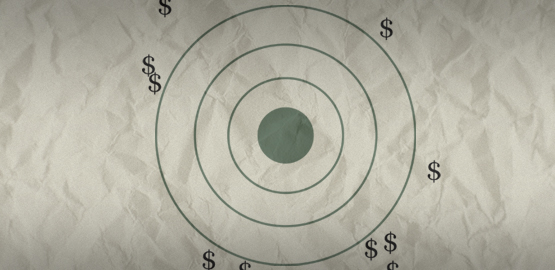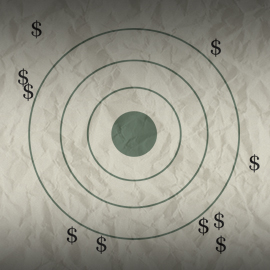News
Planning? Don’t. Strategy? It Would Be Good To Have One
In the 1961 farewell speech where President Eisenhower made the "military-industrial complex" famous, Ike was going to add "Congressional" and struck it out minutes before he spoke, according to his military aide, Brig Gen Andrew Goodpaster. Goodpaster, who died in 2005, made the observation in a 1993 interview, according to a new report by Barry Watts and Todd Harrison of the Center for Strategic and Budgetary Assessments, "Sustaining Critical Sectors of the US Defense Industrial Base".
Lessons From The Last 10 Years Of Warfare
For the past 10 years, the United States has engaged in constant warfare. Does that mean the next 10 years will be the same, even after U.S. combat troops are out of Iraq and Afghanistan? Put it a different way: We have spent trillions of dollars to create the most professional and powerful military force in the world to fight those wars. It continues to cost hundreds of billions more each year to help sustain this all-volunteer force.
Pentagon’s Murky Outlook Pressures Defense Stocks
The Pentagon's estimated budget has more than doubled to $676 billion in the past 10 years because of the wars in Iraq and Afghanistan. Defense represents about 18% of total U.S. spending for fiscal 2012.
Is Military Retirement Still Third-Rail Issue
The government's promise of lifetime health care for the military may no longer be sacred. Lawmakers are signaling a willingness to make military retirees pay more for coverage — but resistance is fierce.
Leon Panetta Says Military Has “Hollowed Out” After Major Wars
In an interview in the New York Times on Oct. 23, 2011, Defense Secretary Leon Panetta warned against cutting defense spending too severely as the U.S. winds down its involvement in Iraq and reconsiders how to proceed in Afghanistan.
Report: Pentagon Could Rely on Unmanned Systems Under Tighter Budget
In uncertain times regarding the budget, the Defense Department can change the way it does business and be more efficient or change the business it does and shift strategy, according to a report from the Center for Strategic and Budgetary Assessments.



















